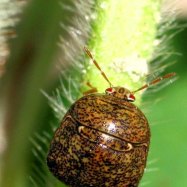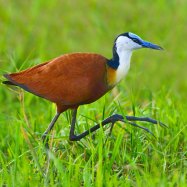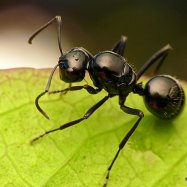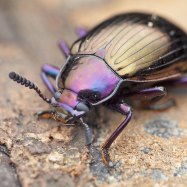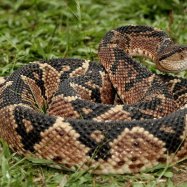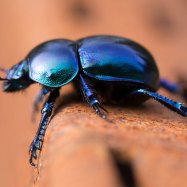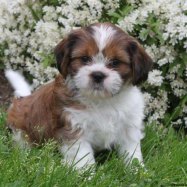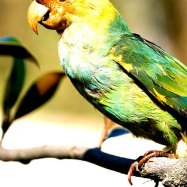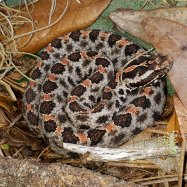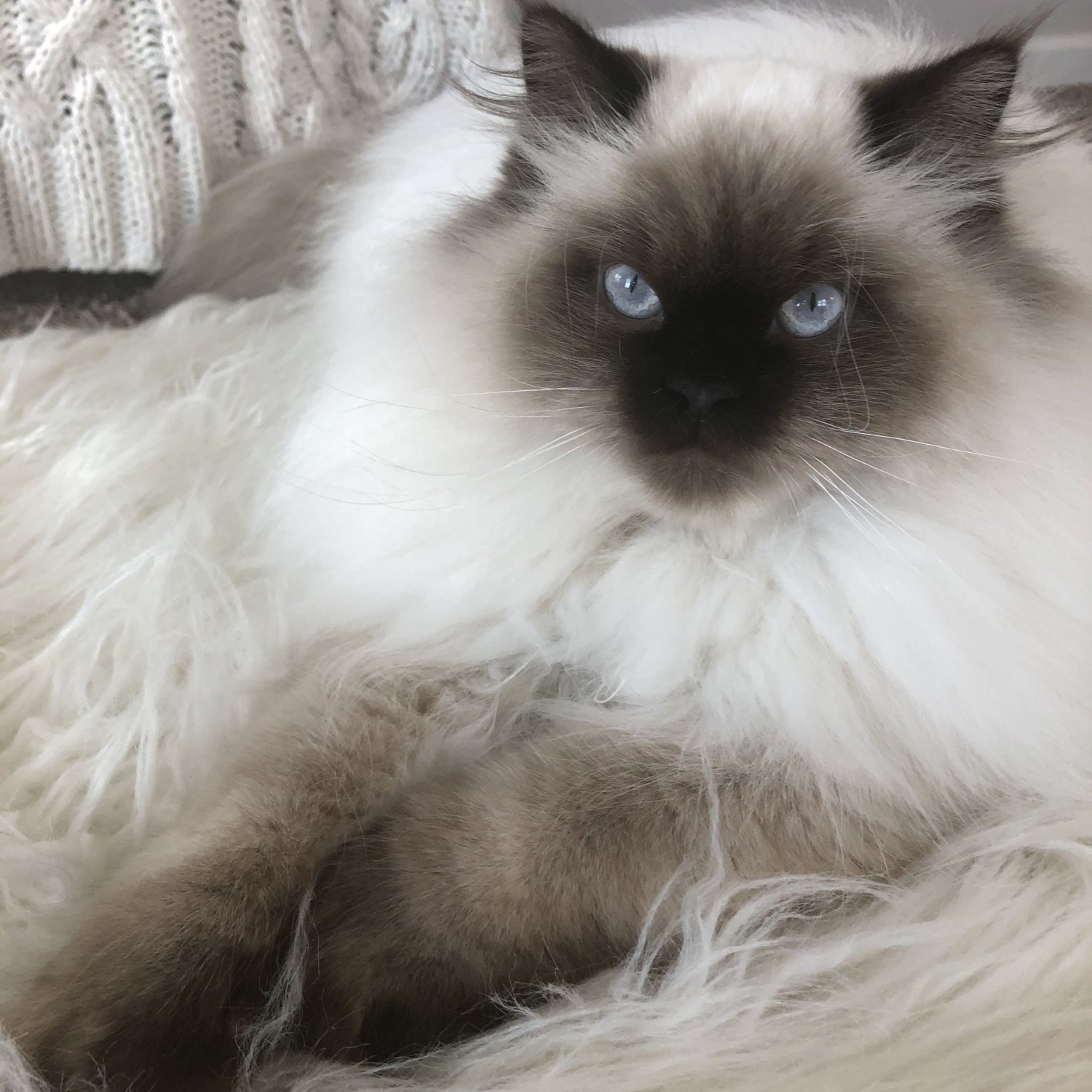
Ragdoll
17-25 inches
The Ragdoll cat is a popular indoor pet known for its gentle and affectionate nature. These large and muscular felines can range from 17 to 25 inches in length, making them quite an impressive sight. As a member of the Felidae family, they share ancestry with lions, tigers, and other big cats. So if you're looking for a loving and majestic companion, the Ragdoll might just be the perfect fit for you.
Animal Details Summary:
Common Name: Ragdoll
Kingdom: Animalia
Habitat: Domestic
The Lovable and Laid-Back Ragdoll Cat: A Purrfect Companion for Any Home
Meet the Ragdoll Cat – a breed that is as unique as its name. This gentle, affectionate, and laid-back feline has captured the hearts of cat lovers all over the world. With its striking appearance, sweet temperament, and fascinating history, it's no wonder why this breed has become a favorite among cat enthusiasts. In this article, we will delve into the world of Ragdoll cats, exploring their origin, characteristics, behavior, and how to care for them to ensure a happy and healthy life Ragdoll.A Brief History
The Ragdoll cat breed was developed in the 1960s by a breeder named Ann Baker from Riverside, California. The story goes that Baker's neighbor owned a white semi-feral cat named Josephine, who was often seen wandering around their neighborhood. Baker was fascinated by Josephine's gentle and affectionate nature and decided to breed her with a longhaired male cat from her breeding program. The resulting kittens all shared Josephine's laid-back and loving personality, and that was the start of the Ragdoll breed.Baker claimed that these cats had extraordinary abilities, such as being immune to pain, being able to jump and land gracefully, and even being able to communicate with humans telepathically. While these claims may seem far-fetched, the Ragdoll's sweet and docile nature is certainly something special.
The Perfect Family Pet
It's no surprise that Ragdolls have earned the nickname "puppy cats" for their dog-like qualities. These cats are known for forming strong bonds with their owners and being extremely social and affectionate. They are often described as "velcro cats" as they love to follow their owners around and be involved in their daily activities Red Drum Fish.Ragdolls are also known to be great with children and other pets, making them the perfect addition to a family. They have a calm and gentle nature, making them less likely to scratch or bite compared to other breeds. This trait makes them ideal for households with small children or other pets and makes them a popular choice for families looking for a friendly and loving feline.
Appearance and Physical Characteristics
The Ragdoll's striking appearance is what initially captures the attention of many cat lovers. These cats come in various colors and patterns, including seal, blue, chocolate, and lilac, with three patterns: colorpoint, mitted, and bicolor. Their coat is silky and medium-length, with less shedding compared to other longhaired breeds. This makes them relatively low maintenance in terms of grooming, as weekly brushing is usually sufficient to keep their coat in good condition.This breed is large and muscular, with males weighing between 15-20 pounds and females weighing between 10-15 pounds. They have a sturdy and well-proportioned body with a broad chest and a slightly rounded belly. What sets Ragdolls apart from other breeds is their signature "floppiness" – they tend to relax and go limp when picked up, making them seem like a rag doll.
Behavior and Temperament
As mentioned earlier, Ragdolls have a gentle and laid-back nature, making them the perfect companion for someone looking for a relaxed and low-maintenance pet. They are not known to be very active, preferring to spend their day lounging and napping. This does not mean that they are not playful, though – Ragdolls can be quite playful and will enjoy a good game of fetch or chasing a laser pointer.These cats are also known for their excellent social skills. They don't mind being around people, making them an ideal pet for individuals who often have visitors or live in a busy household. They also get along well with other pets and will often befriend them, rather than see them as potential competitors for attention.
Caring for Your Ragdoll Cat
Now that we've established that Ragdolls are a fantastic breed, let's talk about how to care for them to ensure they have a happy and healthy life. Here are a few tips on how to make your Ragdoll feel loved and well taken care of:Is a Ragdoll Cat Right for You?
While Ragdolls are a wonderful breed, they may not be the right fit for every cat owner. Here are a few things to consider before bringing home a Ragdoll:In Conclusion
The Ragdoll cat is a unique and lovable breed that has captured the hearts of many cat lovers. With their striking appearance, gentle demeanor, and excellent social skills, it's no wonder why these cats have become a popular choice for families and individuals alike. If you're looking for a furry companion that will bring joy and love into your home, consider adding a Ragdoll to your family – they will undoubtedly make your life richer and more fulfilling.

Ragdoll
Animal Details Ragdoll - Scientific Name: Felis catus
- Category: Animals R
- Scientific Name: Felis catus
- Common Name: Ragdoll
- Kingdom: Animalia
- Phylum: Chordata
- Class: Mammalia
- Order: Carnivora
- Family: Felidae
- Habitat: Domestic
- Feeding Method: Carnivorous
- Geographical Distribution: Worldwide
- Country of Origin: United States
- Location: Indoors
- Animal Coloration: Various colors and patterns
- Body Shape: Large and muscular
- Length: 17-25 inches
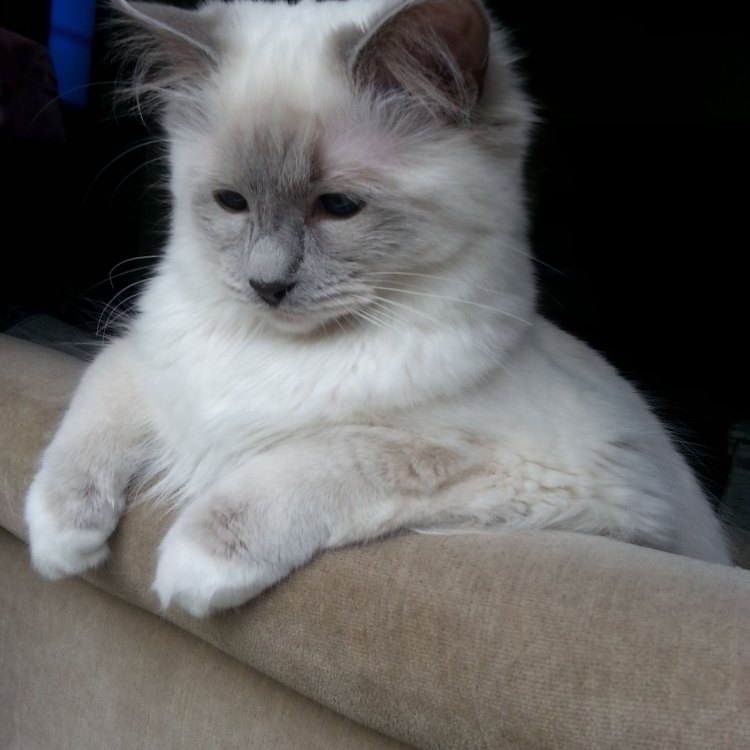
Ragdoll
- Adult Size: Large
- Average Lifespan: 12-17 years
- Reproduction: Sexual
- Reproductive Behavior: Seasonal
- Sound or Call: Meow
- Migration Pattern: Non-migratory
- Social Groups: Semi-solitary
- Behavior: Gentle, relaxed, and friendly
- Threats: Predation, accidents
- Conservation Status: Not applicable
- Impact on Ecosystem: Not applicable
- Human Use: Companion animal
- Distinctive Features: Large size, soft fur, blue eyes
- Interesting Facts: Known for going limp when picked up, docile and easygoing temperament
- Predator: Various predators
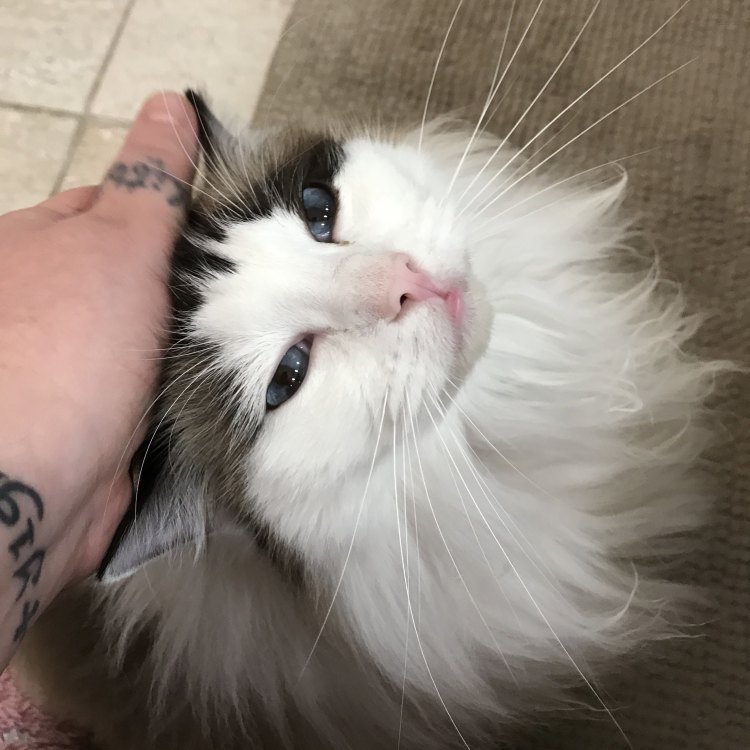
Felis catus
The Fascinating World of Ragdoll Cats
Cats are undoubtedly one of the most popular companions worldwide. With their playful nature, independent spirit, and endless cuddles, it's no wonder that they have warmed their way into our hearts. Among the plethora of cat breeds, there is one that stands out for its unique characteristics and charming personality - the Ragdoll.The Ragdoll is a magnificent breed that has captured the hearts of many cat enthusiasts PeaceOfAnimals.Com. Originating in California in the 1960s, this breed has quickly gained popularity due to its distinctive features and endearing temperament.
Size and Lifespan
The Ragdoll is a large-sized cat breed, often referred to as the "gentle giant." They have a muscular and robust build, with males weighing between 15-20 pounds and females weighing 10-15 pounds. It takes about three to four years for Ragdolls to reach their full size.When it comes to their lifespan, Ragdolls are known to live longer than most cat breeds, with an average lifespan of 12-17 years. However, with proper care and nutrition, they can live up to 20 years, making them ideal companions for long-term cat lovers.
Reproduction and Reproductive Behavior
Like most animals, Ragdolls reproduce sexually. They have a seasonal reproductive behavior, meaning they only go into heat during certain times of the year. This behavior is influenced by various factors, such as daylight length, temperature, and hormones Red Eared Slider.During the breeding season, male Ragdolls become more vocal and may spray to mark their territory. Females, on the other hand, tend to be more affectionate and demand more attention from their owners. It's essential to spay or neuter your Ragdoll to avoid unwanted litters and prevent reproductive health issues.
Sound and Communication
Ragdolls are not known for being very vocal like other cat breeds. They mostly have a soft, low-pitched meow, making them ideal pets for apartment living. However, they may meow when hungry or seeking attention from their owners.Aside from meowing, Ragdolls have other ways of communicating. They may purr, knead with their paws, or even chirp when excited. They also communicate through their body language, such as tail flicking, ear twitching, and eye contact.
Social Behavior
Ragdolls are known to have a friendly, relaxed, and gentle nature. They are highly affectionate and love to be around their owners, making them excellent companions for families with children and other pets. However, they do have a semi-solitary social group structure, meaning they are not as dependent on human interaction as some other breeds.Despite this, Ragdolls are not recommended for those who often leave their pets alone for long periods. They thrive on attention and may develop separation anxiety if left alone for too long.
Behavior and Interesting Facts
One of the most distinctive features of Ragdolls is their docile and laid-back temperament. They are known for their ability to go limp when held or picked up, earning them the nickname "floppy cats." They often relax their muscles, making it easier for their owners to hold and cuddle them.This behavior is believed to be genetic since it's seen in most Ragdolls, but not in other breeds. It's also worth noting that this behavior should not be encouraged by repeatedly picking up your cat and letting them fall to the ground. Ragdolls are gentle creatures, and forcing them into this state can cause harm.
Another interesting fact about Ragdolls is that they are one of the few cat breeds that are not afraid of water. They may even enjoy playing with and swimming in shallow water, making them a unique breed in the feline world.
Predators and Threats
Just like any other animal, Ragdolls face threats in their natural environment. Due to their large size and docile behavior, they are vulnerable to predators such as coyotes, dogs, and birds of prey. It's crucial for Ragdoll owners to keep their cats indoors to prevent any potential attacks.Aside from predation, Ragdolls may also face threats from accidents, such as getting hit by cars or falling from high places. As responsible pet owners, it's our duty to provide a safe and secure environment for our feline companions to prevent any harm.
Impact on the Ecosystem
Ragdolls are domesticated cats, meaning they have no significant impact on the ecosystem. In their natural environment, they may have a small impact on local rodent populations, but as pets, they are not considered a threat to the ecosystem.Human Use
With their charming personality and striking appearance, Ragdolls are a popular choice for companion animals. They make loyal, affectionate, and low-maintenance pets, making them an ideal choice for first-time cat owners.Aside from being a beloved household pet, Ragdolls are also used in therapy programs for their calm and gentle nature. They can provide comfort and emotional support to individuals in need, making them a valuable part of our society.
Distinctive features
Ragdolls are known for their striking appearance, with their large size, soft fur, and captivating blue eyes. Their coat comes in six patterns and four colors, including seal, blue, chocolate, and lilac. They have a thick, soft, and silky coat, making them a joy to cuddle and pet. Their mesmerizing blue eyes are the result of a genetic mutation, making them stand out from other cat breeds.In conclusion
Ragdolls are undoubtedly a fascinating breed, with a long list of unique features and quirks. From their gentle and relaxed temperament to their ability to go limp when picked up, they have captured the hearts of many cat lovers worldwide.As with any pet, Ragdolls require love, care, and attention to thrive. In return, they will provide endless love, companionship, and joy to their owners. If you're looking for a loyal, affectionate, and easygoing feline companion, the charming Ragdoll might just be the perfect fit for you.
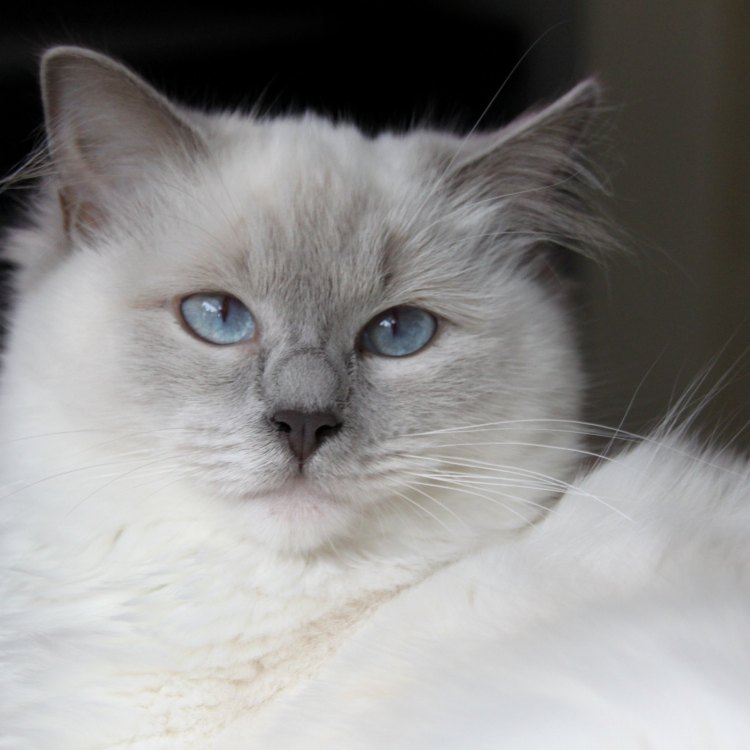
The Lovable and Laid-Back Ragdoll Cat: A Purrfect Companion for Any Home
Disclaimer: The content provided is for informational purposes only. We cannot guarantee the accuracy of the information on this page 100%. All information provided here may change without prior notice.

